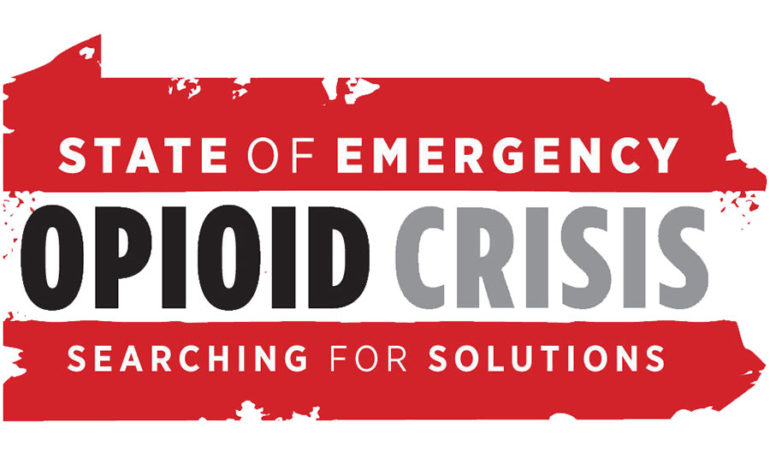DEARBORN HEIGHTS — The nationwide opioid addiction crisis has been a source of pain and hardship in both the state and the local community in recent years, prompting organizations to rally and offer support.
In the time period spanning from 1999 to 2016, a 17-fold increase in opioid prescription drug-related deaths was recorded (from 99 deaths to 1,699 deaths), according to statistics from Michigan.gov.
Despite these incidents, 11.4 million prescriptions were written for painkillers in 2015, a number amounting to about 115 opioid prescriptions per 100 people.
In 2017 there were more deaths from drug overdoses in general, 2,729, than car accidents in the state.
Recently, it was reported that three opioid-related deaths have happened in the local Arab American community, highlighting the need for education and support.
Among those offering support for those struggling with addiction is the SAFE Substance Abuse Coalition, a non-profit human service organization in Dearborn Heights providing services to nearly 20,000 people annually.
The organization is run through the Hype Athletics Community, which was founded by Ali Sayed in 2001 on the basis of providing athletics and social services.
SAFE, established in 2016, is staffed by social workers, licensed counselors, addiction specialists, prevention specialists, psychologists, therapists and certified directors and managers.
All direct service staff and administration hold a master’s or a bachelor’s degree in human service prevention.
Among the programs offered are in-school prevention programs, the SAFE Second Chance Program, Community Education Forums, Naloxone Training and Awareness Services, individual and group therapy interventions and more.
More information can be found at HypeAthletics.org/safe.
Opioid addiction resources can also be found at Michigan.gov/opioids, which includes the Michigan State Police Angel Program. The program allows anyone struggling with a drug addiction to walk into a Michigan State Police post during business hours and receive support. Those accepted will receive a professional substance abuse assessment and go through a process to ensure proper treatment placement.
While these organizations are providing much-needed help, local health professionals also recognize the problem needs to be addressed in other ways.
A lack of access to medication-based treatment is another opioid crisis related issue impacting the nation, especially Michigan, according to Huda Akil, co-director of the University of Michigan’s Molecular & Behavioral Neuroscience Institute.
Akil said she hopes that medication will be more readily available in the future.
“Addiction is a deadly brain disorder, and withholding medications that can treat it is unethical,” Akil said. “We only have three types of medications at this stage, and our committee felt strongly that they should all be available in all settings to save lives. This most certainly includes Michigan and other areas of the Midwest that have seen a dramatic rise in this problem.
“Research is critical for bringing additional treatment options for opioid addiction, and better, non-addictive pain medications that will help stem this devastating crisis.”






Leave a Reply